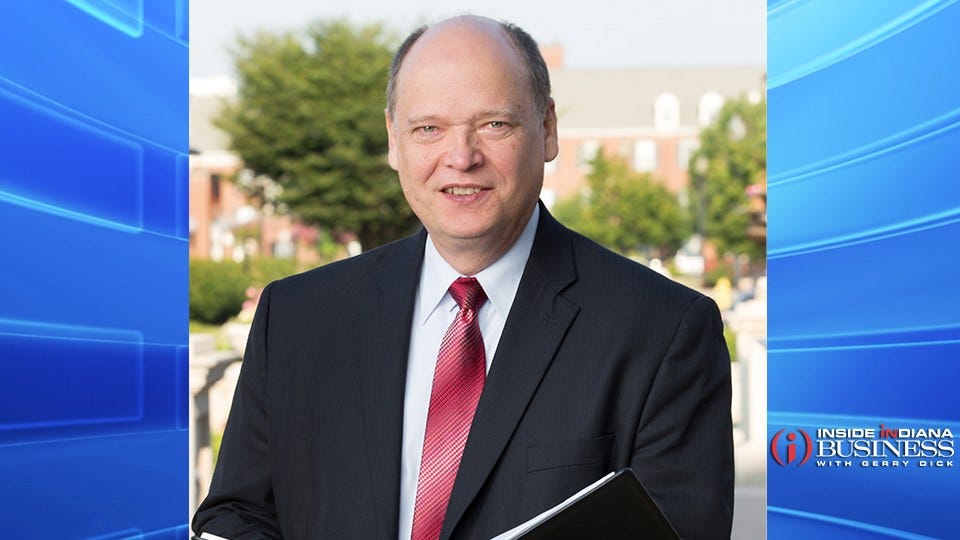The Questions Every Board Member Should Ask
Subscriber Benefit
As a subscriber you can listen to articles at work, in the car, or while you work out. Subscribe Now
Questions.
I have seen the look of dread on the faces of nonprofit staff as they anticipate “the same questions” from their boards. Board members are often uncertain of the proper questions to ask or worse yet are motivated by agendas. Donors have questions we might not have anticipated or had the opportunity to answer. Whatever the perspective, I encourage nonprofits to not only welcome questions, but to take the lead in presenting them and working on mutual understanding with their boards.
In 2016, I trademarked a card deck called “Board Buzz.” It was intended to initiate conversations among boards in a variety of settings, monthly meetings, board retreats, task force meetings and others. The motivation was that boards seldom have transformative conversations. Advancing the needs of the organization takes a back seat to crisis mode decisions, committee work, or the next special event. Future-oriented discussions are seldom given appropriate time on the agenda. The problem seems to be exaggerated in smaller organizations with little to no staff. This lack of impactful engagement surfaces a wide variety of other issues and only widens the gap between board, staff, volunteers, and donors.
On the flip side, we can build a consensus around key areas, ensure transparency, and learn a great deal by asking the right questions. The card deck contained 52 thought-provoking questions in four key areas of an organization: programming, finance, human relations, and operations. They were the type of questions we should spend more time discussing as a board and coming to a consensus on the answers that position our organization. Here are examples of those you should consider discussing:
Programming
Programs and events often take on a life of their own. Organizations seldom stop to take a look and analyze events asking these types of questions.
How have we determined demand for our programs and how has it changed?
Which programs and events directly support our mission, and which don’t?
What outcomes are resulting from our programs?
How do we evaluate the success of our programs?
Operations
While Boards don’t need to micromanage, they do have a fiduciary responsibility to ensure effective and efficient operations. They can support that effort with questions like these.
What is our business continuity plan?
How will the organization’s evolution be impacted and supported by the board?
What risks are we managing and in what ways are we doing so?
How could we make our operations more effective?
Finance
There are obvious reasons for financial concerns and in today’s crowded space, donors and other funders provide more motivation for asking the tough questions. When was the last time your board asked these?
Do our special events offer a positive return on investment when including intangibles like staff and volunteer time?
How have we invested in our fundraising capacity?
How could we leverage the money we have to provide greater impact?
In what ways are we ensuring future sustainability?
Human Resources
Some organizations have large staff and others have none. but questions in the HR vein are key for both. If you don’t have staff, then they can apply to your volunteers. Either way the people carrying out your mission need to know you value them and hold them accountable.
How do we evaluate the board’s performance?
What does our succession plan look like?
What skills and networks do you bring as a board member?
How could we utilize volunteers more efficiently and recognize their contributions?
In summary, there are dozens of additional questions we need to be discussing with our board peers and asking of ourselves. Whatever they may be, we need not dread questions and be intimidated by them. We need to see them as an opportunity to strengthen, not only our organization, but the relationships between key players. The questions can help build a foundation for a more successful future and eliminate assumptions. By asking them we can also be certain that our entire team is on the right page, providing the consistency, transparency, and strategic initiatives that provide comfort to our service recipients, sponsors, and donors.
David J. Fry, CDT, MPS is President/CEO of Effective Advancement Strategies in Greensburg and consults with businesses and nonprofits throughout Indiana. He may be contacted at strategies@etczone.com
